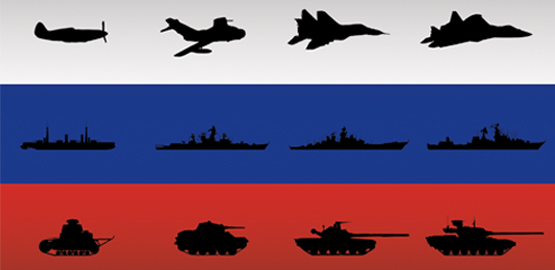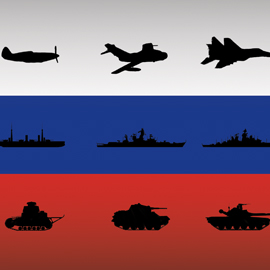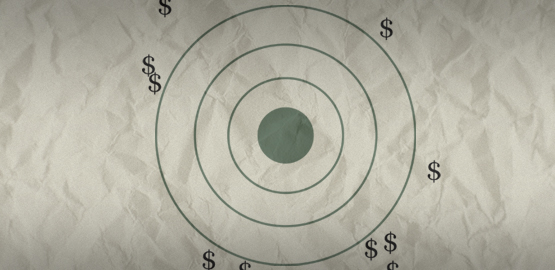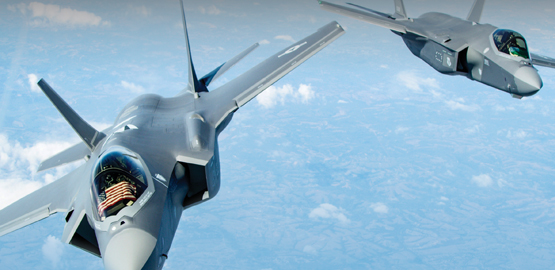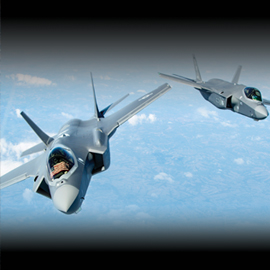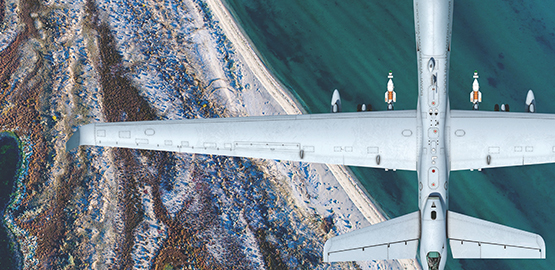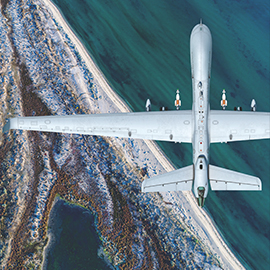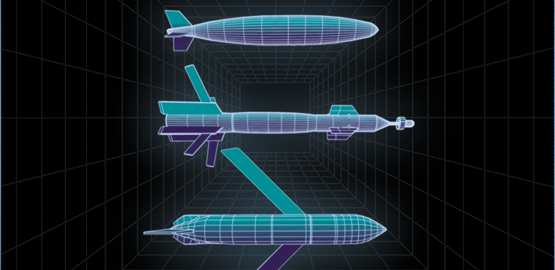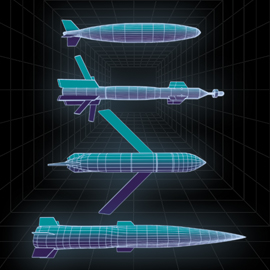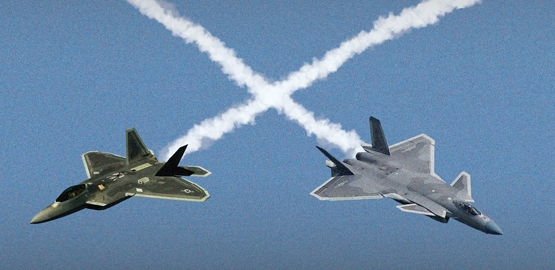Publications
"Nobody does defense policy better than CSBA. Their work on strategic and budgetary topics manages to combine first-rate quality and in-depth research with timeliness and accessibility—which is why so many professionals consider their products indispensable." – Gideon Rose, Editor of Foreign Affairs, 2010-2021
U.S. Asia-Pacific Strategic Considerations Related to P.L.A. Naval Forces Modernization
On December 11, 2013, CSBA Vice President and Director of Studies Jim Thomas testified before the Subcommittee on Seapower and Projection Forces of the House Armed Services Committee on the strategic issues tied to China’s modernization of its naval forces.
Gateway to the Indo-Pacific: Australian Defense Strategy and the Future of the Australia-U.S. Alliance
This report examines the state of the U.S.-Australia military alliance, detailing the geopolitical shifts currently underway in Australia’s immediate neighborhood and outlining the extent to which these developments signal the advent of a new era. The seismic nature of these changes has engendered a vigorous strategic debate within Australia over the future of its defense ties with the United States.
Sustaining the U.S. Defense Industrial Base as a Strategic Asset
Since World War II, the Department of Defense (DoD) has been able to count on America's defense industrial base (DIB) always being ready to design and produce the world-class weaponry on which the U.S. military has long relied. But the U.S. DIB is considerably smaller today than it was following the Cold War’s end. Now the Pentagon confronts a period of shrinking defense budgets at the same time the international security environment is posing new military challenges, such as the emergence of anti-access/area-denial capabilities, the growing threat to space-based systems, and the proliferation of weapons of mass destruction. The Defense Department has never had a coherent, long-term strategy for sustaining the defense industrial base's core competencies. Absent a strategy that proceeds from deciding first what to keep rather than what to cut, the possibility is growing that a day will come when the country's industrial base will no longer possess all the critical design and manufacturing capabilities that the U.S. military needs.
Nuclear-Conventional Firebreaks and the Nuclear Taboo
This study offers insights into the motivations of countries to acquire nuclear weapons, and how those countries view the role of nuclear weapons in their military and national security strategy.
The Quadrennial Defense Review: Process, Policy, and Perspectives
On February 26, 2013, CSBA Vice President and Director of Studies Jim Thomas testified before the House Armed Services Subcommittee on Oversight and Investigations on the Quadrennial Defense Review: Process, Policy, and Perspectives.
Backgrounder: Operating from Range to Defeat Iran’s Anti-Access and Area-Denial Threats
The Obama administration has released new strategic guidance for the Department of Defense (DoD) that announces its intent to “rebalance toward the Asia-Pacific region” and maintain the capability to “project power despite anti-access and area-denial challenges.” As the U.S. military assesses planning and resource initiatives required to support these objectives, it should not forget the need to address Iran’s emerging anti-access/area-denial (A2/AD) strategy and the threat that it represents to the peace and stability of the Persian Gulf.










